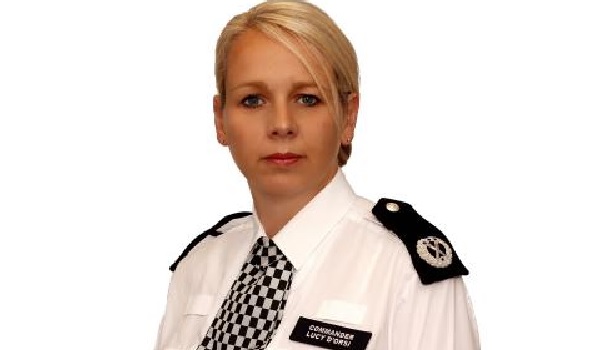Animated video teaches children to RUN, HIDE and TELL during terror attack
A groundbreaking campaign informing young people of safety advice in the event of a terror attack will be taught in UK schools for the first time.
A groundbreaking campaign informing young people of safety advice in the event of a terror attack will be taught in UK schools for the first time. Security experts from counter terrorism policing have created an animated film designed to teach those aged between 11 and 16 years old how to react if caught up in a gun or knife attack. The new film will be included in two specially designed personal, social, health and economic (PSHE) lessons one for Key Stage Three and one for Key Stage Four pupils which were made available to both education practitioners and youth organisations on Tuesday (November 14). Children will be taught to RUN if they are able to, HIDE if they are not, and TELL police of the threat only when it is safe to do so. Teachers will be able to pause this video at specific points to discuss elements of the safety advice with their pupils, such as what constitutes suspicious behaviour, while in a safe school or youth group environment. These lessons have been created by the PSHE Association, alongside guidance from teachers. Metropolitan Police Service Deputy Assistant Commissioner Lucy DOrsi, national lead for protective security, said: We knew we needed to educate a younger audience and we knew that, if done correctly, this could be a campaign which will continue to keep people safe for decades to come. We created this education piece with that aim in mind, to produce a generation of young people who not only would know exactly what to do in the unlikely event they were ever caught in a gun or knife attack, but would pass that information on to others. An additional lesson, available to both schools and youth organisations, will teach children how to TREAT. TREAT was designed by medical experts from St John Ambulance to educate children on how to deliver basic first aid to injured people while hiding. These lessons will go way beyond the basic messaging we have delivered through previous public-facing campaigns, Ms DOrsi added. We appreciate that parents and teachers might have concerns about speaking to young people about such topics, but that is exactly why we have worked closely with the PSHE Association to deliver messaging which is age-appropriate, engaging and could save lives. The NSPCC also provides excellent advice for parents who wish to speak to their children in a constructive way about difficult topics such as terrorism. A spokesperson for the NSPCC said: Its vital that young people know what to do in a terrorist attack, but we realise that they may have questions or anxieties when the issue of terrorism comes up. Having these conversations with a child can be tricky for adults, but the NSPCCs Helpline is here to help. Our practitioners will guide an adult on what to say, how to say it and, most importantly, help a child feel reassured and safe. The video and all necessary teaching materials are available to download here


